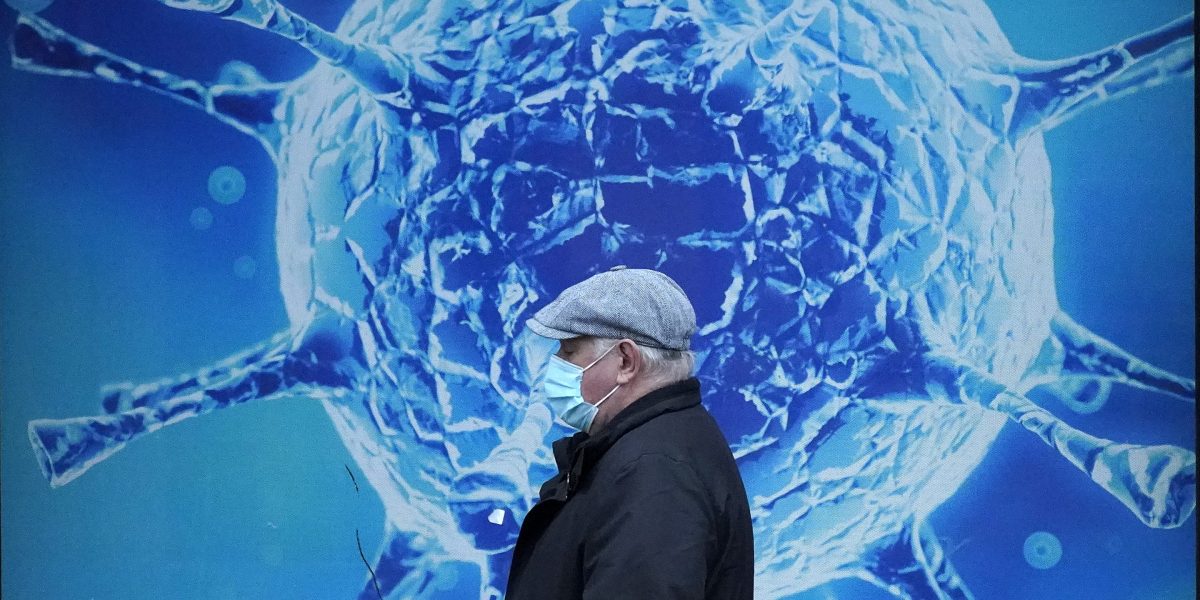The innovative messenger RNA (mRNA) vaccines that thwarted the ravages of COVID-19 may also help fight tumors in cancer patients, according to a new analysis of medical records and studies in mice.
People with cancer who coincidentally received the mRNA shots before starting drugs designed to unleash the immune system against tumors lived significantly longer than those who didn’t get vaccinated, a research team announced yesterday at the European Society for Medical Oncology Congress in Berlin. Laboratory experiments by the group suggest the vaccines rev up the immune system, making even stubborn tumors more susceptible to treatment.
Comments closed


